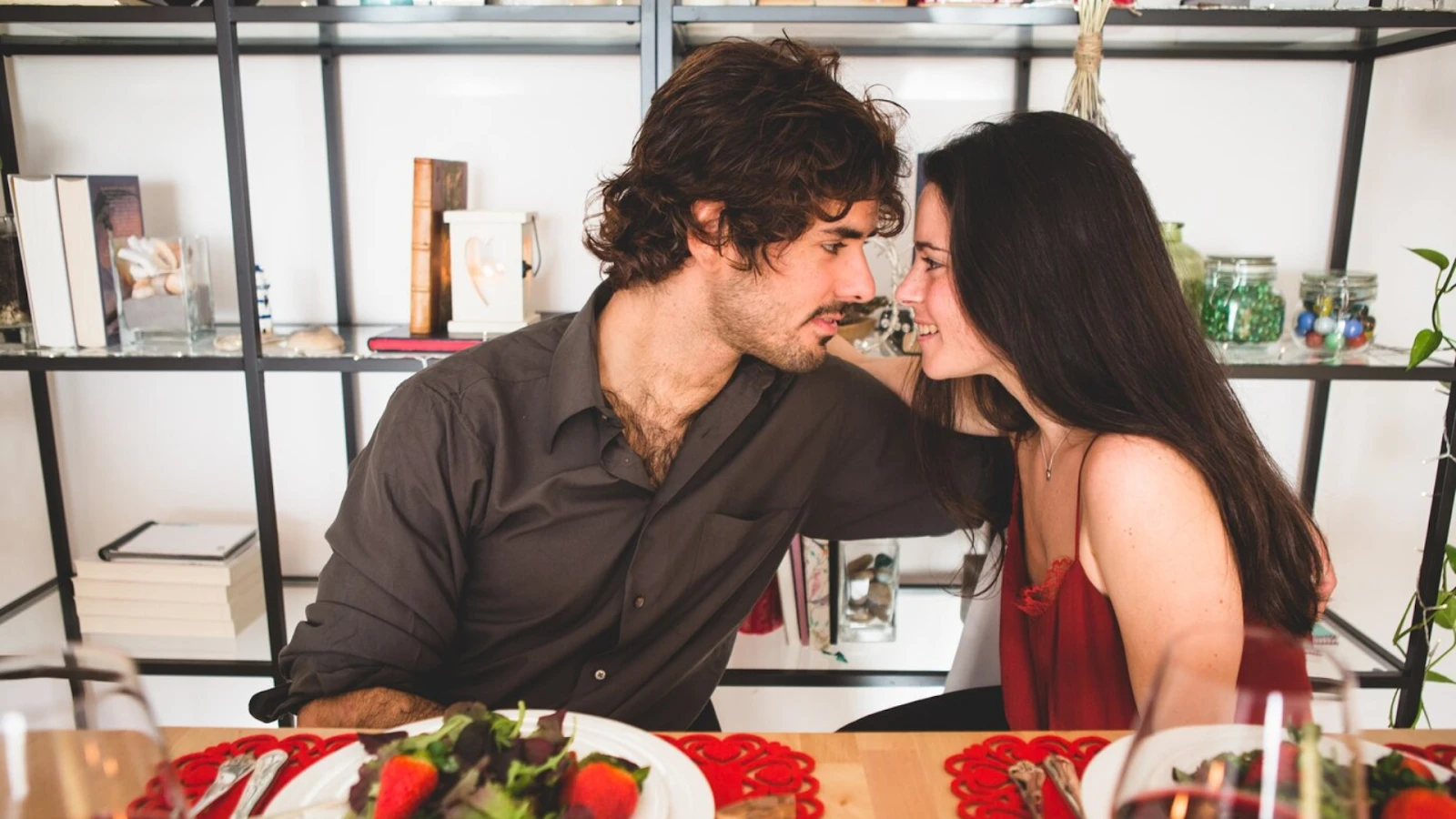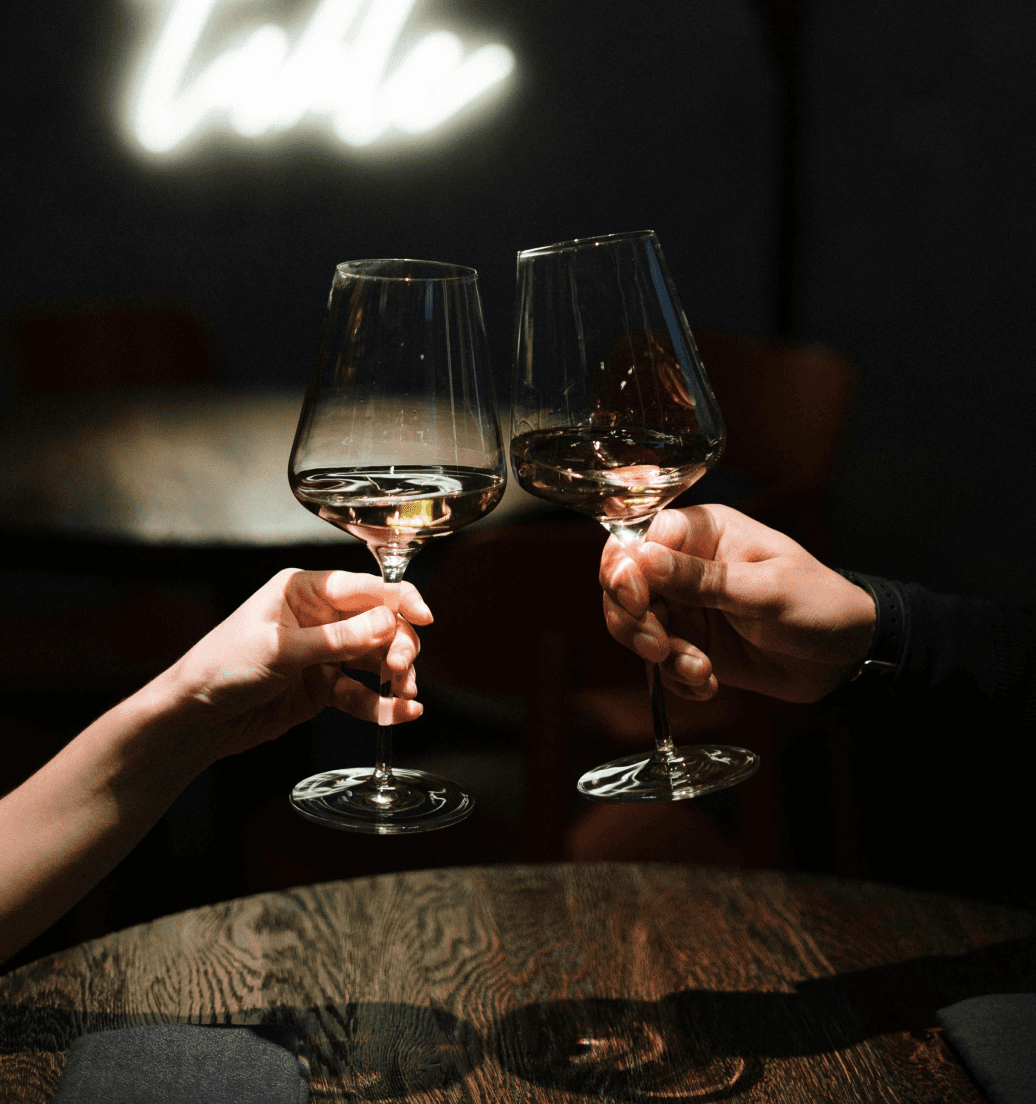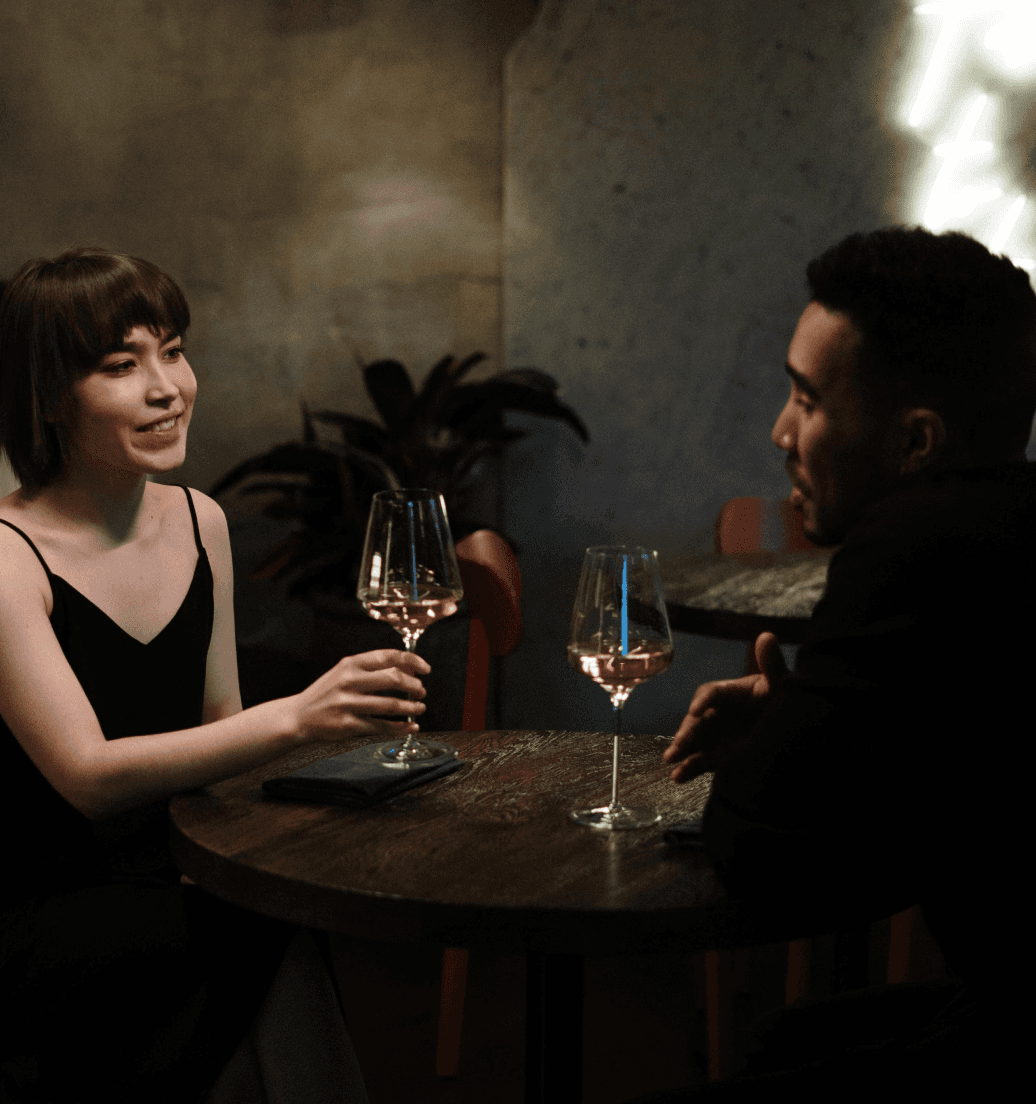
Songkran, Thailand’s traditional New Year, is one of the most exciting and culturally rich celebrations in Southeast Asia. More than just the famous nationwide water fights, Songkran is deeply rooted in Thai traditions, symbolizing renewal, respect, and gratitude.
Held annually from April 13th to 15th, Songkran marks a fresh start, with families coming together to pay respect to elders, visit temples for merit-making, and participate in water-related rituals believed to bring good fortune.
Whether you’re planning to visit Thailand to take part in the spiritual ceremonies or the modern-day street festivities, understanding the traditions behind Songkran will give you a deeper appreciation of the festival.
This guide will take you through the history, customs, and the best ways to experience an authentic Songkran day celebration.
Meaning & History of Songkran Day
Songkran is a symbolic fresh start, deeply rooted in Thai culture and Buddhist beliefs. The festival marks the transition into the Thai New Year, following the movement of the sun into Aries according to the Buddhist calendar.
Traditionally, this period was seen as a time for purification, renewal, and expressing gratitude toward elders and loved ones.
The name Songkran comes from the Sanskrit word saṃkrānti, meaning “to move” or “to change”, representing the shift into a new cycle of life.
Historically, the celebration focused on religious and family-oriented activities. Water played a central role in the festival, originally used for blessings rather than large-scale water fights.
During ancient Songkran traditions:
Families would visit temples to make merit, give offerings to monks, and pour scented water over Buddha statues for purification and good fortune.
People would gently pour water over the hands of elders, seeking their blessings for the new year.
Homes would be cleaned and decorated, symbolizing a fresh start and the washing away of misfortune from the past year.
Over time, the celebration evolved, blending traditional rituals with modern, energetic festivities. What began as a symbolic sprinkling of water for blessings has transformed into nationwide water fights, bringing together locals and visitors alike in an explosion of joy and excitement.
Though the modern Songkran is widely known for its high-energy fun, the spiritual and cultural roots of the festival remain. Many Thais still honor the old traditions, ensuring that Songkran continues to be a meaningful celebration of renewal, respect, and togetherness.
Traditional Songkran Rituals & Customs
While the modern-day Songkran is known for its lively street celebrations, the festival’s heart lies in its traditional customs and spiritual practices. These rituals reflect the deep-rooted values of respect, gratitude, and renewal, making Songkran more than just a fun holiday.
1. Temple Visits & Merit-Making

One of the most important traditions during Songkran is visiting temples (wat) to make merit. Many Thais start the New Year by performing good deeds, such as:
✅ Offer food and alms to monks.
✅ Praying and lighting incense at temples.
✅ Participating in communal charity efforts.
These acts are believed to bring good fortune and positive energy for the year ahead. If you’re in Thailand during Songkran, visiting a temple is a great way to experience the festival’s spiritual side.
2. Pouring Water Over Buddha Statues

A key ritual of Songkran is sprinkling water over Buddha statues. This is known as Song Nam Phra and symbolizes purification, washing away misfortune, and seeking blessings for the New Year. Many homes and temples have Buddha images set up for this special ritual.
3. Rod Nam Dum Hua – Paying Respect to Elders

In Thai culture, respecting elders is an important part of life, and Songkran provides a beautiful moment for families to express gratitude.
Younger family members pour scented water over the hands of elders, asking for blessings and wisdom.
This practice is often done in homes but can also be seen in temples and cultural ceremonies.
It’s a touching tradition that highlights the importance of family and respect in Thai society.
4. Building Sand Pagodas (Chedi Sai)

Another unique Songkran tradition is building sand pagodas at temples. Since many people believe they "take away" dirt from temples on their feet throughout the year, they bring sand back during Songkran as an offering.
These pagodas are often decorated with flags and flowers.
It’s a fun and symbolic way to return merit and bring good luck.
Many temples across Thailand encourage locals and tourists to take part in this tradition.
Songkran’s traditions offer a glimpse into the spiritual and family-oriented side of Thailand’s most famous festival. Whether you’re visiting temples, showing respect to elders, or participating in merit-making, embracing these customs adds depth and meaning to the celebration.
Where to Experience Authentic Songkran Traditions

While Songkran celebrations happen all over Thailand, certain destinations are known for preserving the traditional aspects of the festival. If you want to experience the cultural and spiritual side of Songkran, these places offer a deeper connection to the festival beyond just the water fights.
1. Chiang Mai – The Cultural Heart of Songkran

Chiang Mai is considered the best place in Thailand to experience Songkran in its most authentic form. The city’s old town, surrounded by a moat, becomes a major hub for celebrations, but it’s also where many traditional rituals take place.
Temple hopping – The city is home to many stunning temples, such as Wat Phra Singh and Wat Chedi Luang, where visitors can participate in water blessings.
Processions and cultural performances – The streets come alive with Buddha image processions, Lanna-style performances, and traditional dances.
More respectful water fights – Unlike Bangkok and Pattaya, Chiang Mai’s water fights are more community-focused and retain a friendly, less chaotic atmosphere.
2. Bangkok – A Mix of Tradition & Festivities

The capital city offers both modern and traditional Songkran experiences.
For a cultural Songkran, visit temples like Wat Arun, Wat Pho, and Wat Saket, where visitors can take part in merit-making and water-pouring rituals.
For a lively Songkran, head to Khao San Road or Silom, where thousands gather for massive water fights.
Many public spaces host cultural performances, beauty pageants, and Thai cooking demonstrations during Songkran.
3. Ayutthaya – Songkran in a Historic Setting

The ancient capital of Ayutthaya offers a unique backdrop for Songkran.
Temple visits among UNESCO heritage ruins – Celebrating Songkran while surrounded by centuries-old temples makes for a truly special experience.
Elephant water fights – Unlike other places, Ayutthaya has friendly elephants that participate in the water fights, spraying people with their trunks. It’s a fun and memorable way to enjoy the festival.
4. Rural Villages – A Peaceful, Local Songkran

For those looking to escape the crowds, celebrating Songkran in a small Thai village provides an entirely different experience.
Expect more family-oriented traditions, where water blessings, temple visits, and home-cooked feasts take center stage.
Rural Songkran celebrations focus more on community bonding rather than large public parties.
If you have Thai friends or family, this is a great way to experience an intimate and traditional New Year celebration.
Each of these locations offers a unique way to experience the deeper meaning of Songkran, whether you prefer a cultural, historical, or community-based celebration.
Water Fights: Songkran Day Celebrations

While Songkran’s roots are in spiritual and family traditions, it has also evolved into one of the biggest, most exhilarating water fights in the world.
Across Thailand, streets transform into giant battlegrounds where locals and tourists arm themselves with water guns, hoses, and buckets, ready to soak anyone in sight.
Best Places for Songkran Water Fights
Here are the most exhilarating water battles Thailand has to offer:
✅ Bangkok – Khao San Road & Silom Road
Khao San Road is the ultimate party spot for Songkran, filled with loud music, street vendors, and thousands of people armed with water guns.
Silom Road offers a more organized yet equally intense experience, with the added bonus of skywalks that let you watch the water wars from above.
✅ Chiang Mai – The Moat (Old City Walls)
The entire old city moat turns into a giant water-fight arena, where people fill buckets directly from the water.
The combination of traditional parades and playful water battles makes Chiang Mai a balanced mix of cultural and modern Songkran celebrations.
✅ Pattaya – Beach Road & Walking Street

Songkran in Pattaya lasts longer than in other cities, often stretching up to a full week.
Beach Road is the main battle zone, where bars, restaurants, and clubs set up water stations and foam parties.
At night, Walking Street transforms into a massive beachside festival with neon lights, DJs, and non-stop celebrations.
✅ Phuket – Patong Beach

Songkran in Patong Beach combines beach vibes with full-scale street water fights.
Water hoses, ice-cold buckets, and foam cannons turn Bangla Road into a non-stop party.
How to Enjoy Songkran Water Fights Like a Pro
🔹 Wear quick-dry clothing – You will get drenched, so avoid heavy fabrics.
🔹 Waterproof your belongings – Use a sealed plastic bag for your phone and wallet.
🔹 Respect local customs – Avoid splashing monks, the elderly, and small children.
🔹 Stay hydrated – The sun is intense, so drink plenty of water.
🔹 Have fun but be mindful – Songkran is about joy, so keep things playful and friendly.
Whether you're in the mood for a full-on street war or a more relaxed beachside splash, Songkran’s modern water fights are an unforgettable way to welcome the Thai New Year.
Make Meaningful Songkran Connections with SparkLove

Songkran isn’t just about splashing water—it’s about shared experiences and new connections. Whether you're looking for a fun date, a travel buddy, or someone to enjoy the festival with, SparkLove makes it easy to find people who want the same kind of experience as you.
How SparkLove Enhances Your Songkran Experience
Unlike traditional dating apps, SparkLove matches you based on the experiences you want to share. Instead of swiping endlessly, you can connect with people who are also looking for:
Songkran Water Fight Date – Team up with someone to take on the streets of Bangkok, Chiang Mai, or Pattaya together.
Thai Cooking Class – Bond over making traditional Thai dishes like Pad Thai and Mango Sticky Rice.
Coffee Date After the Festivities – Wind down from the high-energy water battles and connect over a relaxing cup of Thai iced coffee.
Sunset Cruise – Celebrate the New Year on a romantic boat ride along the Chao Phraya River or the Andaman Sea.
Wine Tasting Experience – Share a sophisticated evening at one of Thailand’s boutique wineries.
How It Works:
Choose an experience – Select the type of Songkran date or activity you’re interested in.
Find a match – See profiles of people looking for the same kind of experience.
Break the ice – Let SparkLove’s AI-generated pickup lines help you start the conversation.
Book the experience – No need to overthink plans—book directly through the app and make it happen.
Songkran is the perfect time to meet new people, and SparkLove helps turn festival fun into real connections. Whether you're looking for romance or just someone to explore Thailand with, why not make your Songkran unforgettable with an experience-based match? Download SparkLove now!
About the Author
SPARK
Enjoy a safe and memorable experience, knowing where you’re going, what you’re doing, and who’s joining you. That’s how SPARK ignites connections.
Share Article
Similar
Articles






